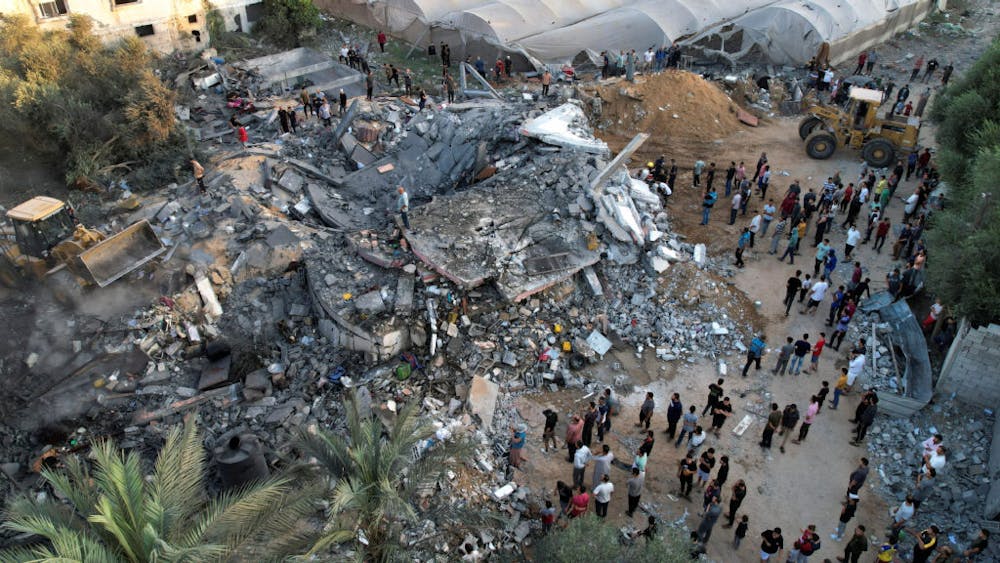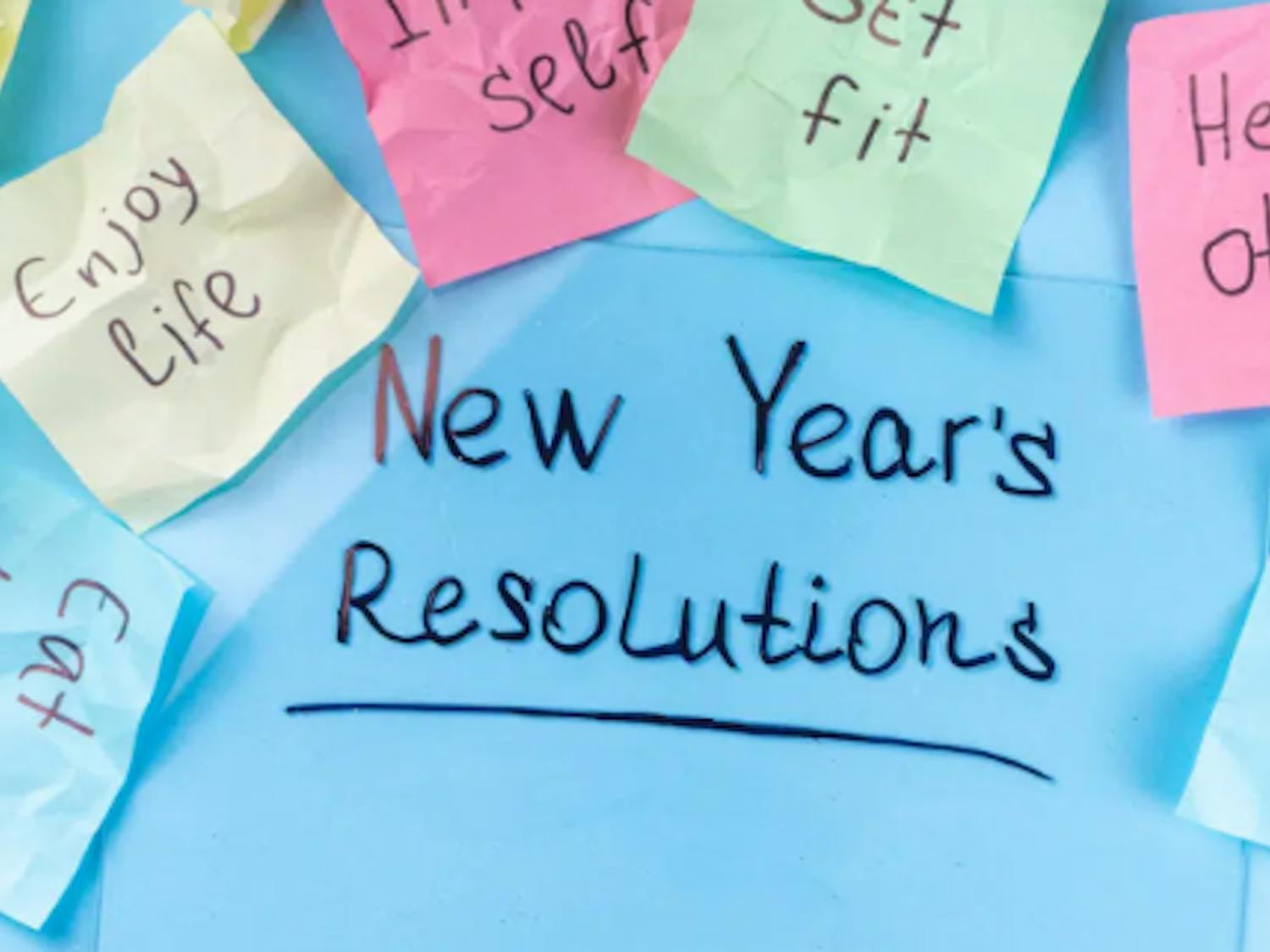In today’s world, we are constantly exposed to distressing news about global crises, including ongoing conflicts and humanitarian disasters. However, something troubling is apparent—many of us seem disconnected, showing little empathy toward these crises.
Being overexposed to non-stop distressing news has led young individuals to become numb. And this overexposure to distressing content without avenues for deeper understanding or actionable change can result in emotional detachment.Social media often divides us into different groups based on our own opinions. This narrowing of viewpoints can lead to an “us vs. them” mentality, making the development of empathetic connections with individuals experiencing crises in distant lands difficult.
Don’t get me wrong, yes, many just don’t care. However, behind this apparent void of empathy lies not just apathy, but a lack of relatability and understanding. People ask the question: “Well it’s not happening to me, so why should I care?” The absence of firsthand experience or personal connection might contribute to the emotional disconnect.
As a result, many struggle to grasp the gravity of these global crises, leading to disengagement or dismissive attitudes. There are many reasons for this disconnect, such as the overwhelming scale of these problems that makes it seem like there is nothing we can do to help. It can feel like the issue is too big for us to make a difference.Another significant factor contributing to this disconnect is the overwhelming nature of these crises.
The sheer scale and complexity of humanitarian crises can create a sense of helplessness. When faced with such immense suffering and systemic issues, individuals might feel powerless to effect meaningful change. This feeling can lead to a sense of detachment as a coping mechanism—a defense mechanism against overwhelming emotions that seem insurmountable.
Furthermore, social media encourages quick reactions but doesn’t always lead to understanding or long-term action. This quick-scroll culture encourages fleeting moments of outrage or concern, which may dissipate rapidly without users thinking about sustained action or accountability.
In addition, the lack of firsthand experience or direct exposure to these crises can contribute to a sense of detachment and reduced feelings of responsibility. Many might have grown up in environments sheltered from the harsh realities of global conflicts. Without tangible experiences or personal connections to these issues, it becomes easier to distance oneself emotionally and psychologically.
This is not to say that you have to experience these crises to care deeply about them. However, without direct exposure, it’s challenging to truly grasp the gravity of these situations and understand how they impact real lives.
Moreover, many might not learn much about these global crises or have discussions surrounding them within school, which could further sustain this disconnect. Without adequate exposure, education, and guidance on understanding these issues in depth, young individuals might lack the tools or context to comprehend their significance and the weight of responsibility attached to them.
The systemic nature of these challenges demands a shift in approach—a move away from passive consumption of information toward active engagement and critical thinking.
Encouraging meaningful dialogue, facilitating opportunities for direct engagement with affected communities (albeit virtually), and fostering a sense of agency in effecting change could be pivotal in cultivating a sense of responsibility among many.
So, it’s not just about knowing but also about doing. We need to be active in making a difference. By learning more, talking about these issues, and feeling a sense of responsibility, young people can be a powerful force for positive change in the world.
Enjoy what you're reading?
Signup for our newsletter
Recognizing that every individual, regardless of geographical location, holds a stake in a more empathetic and just world is crucial.




